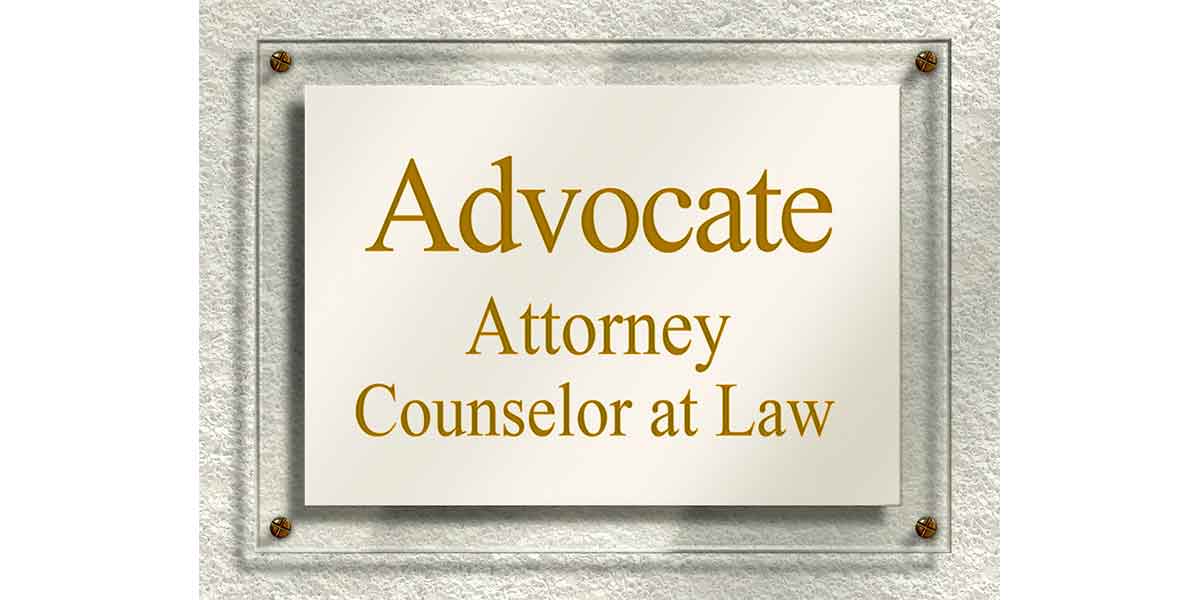As a conscientious adult, it is crucial to have a fundamental estate plan in place. Estate planning ensures that your loved ones are cared for after your passing. However, many individuals overlook this essential aspect of life planning due to prevalent myths and misconceptions surrounding estate planning. Falling prey to these falsehoods can result in significant family issues. Thoughtful planning and expert guidance can dispel these myths and secure your family’s future and financial well-being.
Misconception 1: Estate Planning is Only for the Wealthy
There is a common belief that estate planning is reserved for the affluent, and those with modest assets do not need it. In truth, the size of your estate is irrelevant; everyone should have an estate plan. The process is more straightforward than many assume. Without an estate plan, you forfeit the ability to determine who inherits your assets and who will manage their distribution. Even young adults with minimal possessions and no dependents should consider future uncertainties. A well-crafted plan can address these concerns effectively.
Misconception 2: Probate Should Be Avoided in Estate Planning
Probate often carries a negative connotation in estate planning. Despite its reputation, probate can be a streamlined process that is not necessarily costly or time-consuming. With legal assistance, probate expenses can be managed, or a revocable living trust can be used to minimize the process. It is important to understand that probate is essential for executing the wishes outlined in a will; without it, property distribution follows state laws.
Misconception 3: The Government Takes Your Property Without an Estate Plan
Another widespread myth is that the government will seize all your property if you die without a will or trust. While the state may inherit the estate in rare cases, this typically occurs only when there are no surviving relatives or a will. A will can prevent the government from taking over your property by specifying your wishes for its distribution. Generally, state laws aim to distribute property in a manner consistent with the deceased’s likely intentions.
Misconception 4: DIY Estate Planning Saves Money
It is crucial to recognize that estate planning is not a do-it-yourself project. Professional advisors with expertise in wills, trusts, and taxes are indispensable. Many people believe they can save money by creating estate planning documents on their own. However, drafting a will without proper guidance can lead to unforeseen expenses. While the concept of a will may seem simple, its creation is complex. Skipping attorney fees can jeopardize your family’s future and your assets.
Misconception 5: One-Time Estate Planning is Sufficient
Many individuals believe that once they have an estate plan, their work is done. However, an estate plan requires regular updates to remain effective. As life evolves, so should your estate plan to meet your changing needs. Even without significant life changes, periodic reviews ensure that your plan aligns with your current wishes. Whether appointing a guardian for your children or designating charitable donations, these decisions should be reflected in your estate plan. Additionally, legal changes may necessitate updates, making it advisable to consult with a legal advisor regularly.
Conclusion
The confusion and misconceptions surrounding estate planning have given rise to persistent myths. Many people are unsure of what estate planning entails. In reality, it is a straightforward process that secures your family’s future. As responsible adults, creating an estate plan is a vital step in preparing for the future. It is essential to consider all options and seek professional advice when necessary. Falling for myths can lead to detrimental outcomes, so it is crucial to approach estate planning with accurate information and expert guidance.




